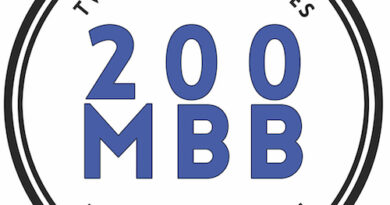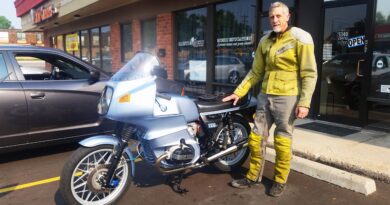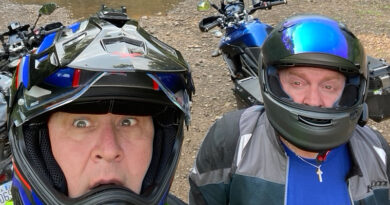Another peril of motorcycling
When people—riders and non-riders, alike—think about the dangers of motorcycling, they understandably focus on risks of physical injury. While such concerns are clearly legitimate, there’s another category of danger perhaps even more perilous to even more motorcyclists. Not every rider will experience a serious injury during their tenure on two wheels. Without research, I suspect those who sustain significant bodily damage comprise much less than half of us, given that I know many motorcyclists and only a small minority of them have broken a bone or worse in a fall or crash. On the other hand, I’d guess the vast majority of us have at least occasionally incurred the type of pain I’m about to describe.
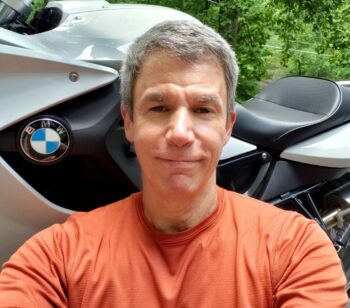 This aspect of motorcycling life occurred to me amidst a coincidental confluence in my clinical work. From time to time, for no apparent reason, I’ll have a subset of clients all wrestling with much the same issue simultaneously. It’s not remarkable that multiple people confront similar problems; it just seems odd when they do so in synchrony. Then again, “evenly spaced” is the least likely distribution of most naturally occurring phenomena. Anyway, an assortment of high-level professionals in my practice all recently returned from unusually enjoyable vacations to find re-entry into the demands and drudgery of their “regular” lives profoundly aversive. They’re all high-strung, stressed-out workaholics who’ve typically avoided going on vacations or treated vacations like work, frantically squeezing in as much “fun” as possible or continuing to perform work-related tasks alongside ostensibly recreational activities. They’re more exhausted at the end of their supposed R&R than when they left, which is one reason they resist taking time “off.” Another reason is what they’re experiencing this time around: if they ever really do relax, it throws their habitual existence into sharp relief as the hellishly relentless treadmill it is. Staying so busy they can’t notice this has been preferable to facing reality (and the obvious need for change), even if the toll taken by turning a blind eye is deadly high.
This aspect of motorcycling life occurred to me amidst a coincidental confluence in my clinical work. From time to time, for no apparent reason, I’ll have a subset of clients all wrestling with much the same issue simultaneously. It’s not remarkable that multiple people confront similar problems; it just seems odd when they do so in synchrony. Then again, “evenly spaced” is the least likely distribution of most naturally occurring phenomena. Anyway, an assortment of high-level professionals in my practice all recently returned from unusually enjoyable vacations to find re-entry into the demands and drudgery of their “regular” lives profoundly aversive. They’re all high-strung, stressed-out workaholics who’ve typically avoided going on vacations or treated vacations like work, frantically squeezing in as much “fun” as possible or continuing to perform work-related tasks alongside ostensibly recreational activities. They’re more exhausted at the end of their supposed R&R than when they left, which is one reason they resist taking time “off.” Another reason is what they’re experiencing this time around: if they ever really do relax, it throws their habitual existence into sharp relief as the hellishly relentless treadmill it is. Staying so busy they can’t notice this has been preferable to facing reality (and the obvious need for change), even if the toll taken by turning a blind eye is deadly high.
Listen to this column as Episode 18 of The Ride Inside with Mark Barnes. Submit your questions to Mark for the podcast by emailing [email protected].
–you can listen starting at 8 AM EDT on 29 July 2022–
You doubtless see where I’m going. While riding supplies much-needed breaks from dull or unpleasant aspects of our familiar routines, it can also intensify our intolerance of what we find obnoxious. It’s one thing to return from a moto-outing feeling refreshed and ready to resume mundane chores. It’s quite another to come back and feel amplified dread and disgust for what awaits us. For many who deeply love motorcycling (including riding, wrenching, socializing with other riders, etc.), little may compare to the extraordinary joys involved. For most, the contrast isn’t so extreme as to cast everything else into darkest shadow, but for some the difference may be stark enough to do exactly that. Rather than endure the roller coaster of elation and despair, they might simply choose not to ride, like my clients who avoid vacations.
Depending on what else is going on in our lives, I imagine we’re all vulnerable to this at points along the way. Nobody gets to have a life devoid of bleakness, and some people suffer such states for years on end. Whereas riding can offer comforting respite, it might also make everything else harder to bear by comparison. The choice could seem to be between not riding at all or riding every waking moment to escape the rest of life—an option virtually no one has. There’s a third possibility, too…

In the wake of infidelity, a couple determined to stay together might make constructive use of the affair as a way of identifying and addressing some problems in their relationship. Without reducing all the injurious complexities to something as simplistic and one-sided as a partner having sought satisfaction of unmet needs, that really might be a crucial piece to understand as the couple works out a more enlightened arrangement going forward. Likewise, a rider for whom motorcycle-related activities are the only source of pleasure would do well to realize this can illuminate what must be fixed in their non-motorcycling life. Is riding or wrenching or communing with other riders the only time they relax? Feel excitement? Relish a sense of belonging? Act autonomously? Are authentically themselves? There are many possibilities, but the goal would be to precisely identify what’s missing elsewhere and explore ways to remedy that deficit. This wouldn’t be an easy, straightforward project, but there’s no way around it, whether we’re discussing a depressed motorcyclist, a marriage on the rocks, or someone burned out in their job. That intensified intolerance may ultimately prove an invaluable source of direction and fuel for growth.
Hedonism gets a bad rap. There are plenty of excellent reasons to cultivate self-discipline and altruism, but when people take such aspirations too far, everything unravels. Numerous religious, cultural, and economic undercurrents in our society have valorized self-sacrifice in the unwavering devotion to duty, but this unbalanced approach to living has led to tremendous misery, at both individual and societal levels. It’s like the instructions we’ve all heard at the outset of every commercial airline flight: we must put the oxygen mask on ourselves first before tending to someone else’s, otherwise we may both end up without the life-giving element. Self-care is an essential pre-requisite of caring for others and being a responsible member of a community. Similarly, any pursuit of individual success (e.g., income, status, competitive prowess) that ignores self-care in the quest for achievement will ultimately prove unsatisfying and unsustainable. The single largest contingent of my caseload is middle-aged people confused by how desperately unhappy they are despite long lists of impressive accomplishments.
When a motorcyclist (or an addict) finds themself with only one source of relief from life’s ills, self-care has almost certainly been neglected or distorted. Now don’t get me wrong; I’m not saying everyone in distress can/should just pull themselves up by their own bootstraps. Self-reliance is another widespread, toxically unrealistic ideal/expectation in our society. People who have trouble with self-care often haven’t developed that capacity because they haven’t received adequate care from others and therefore lack experiential models of the process (conceptual models aren’t sufficient). This is the opposite of the argument that providing care only promotes passive dependency. Both sides have valid applications. We all need help at times and we all must take responsibility for our own well-being; these truths aren’t mutually exclusive. Motorcycling can be a form of self-care, but it’s not enough by itself.
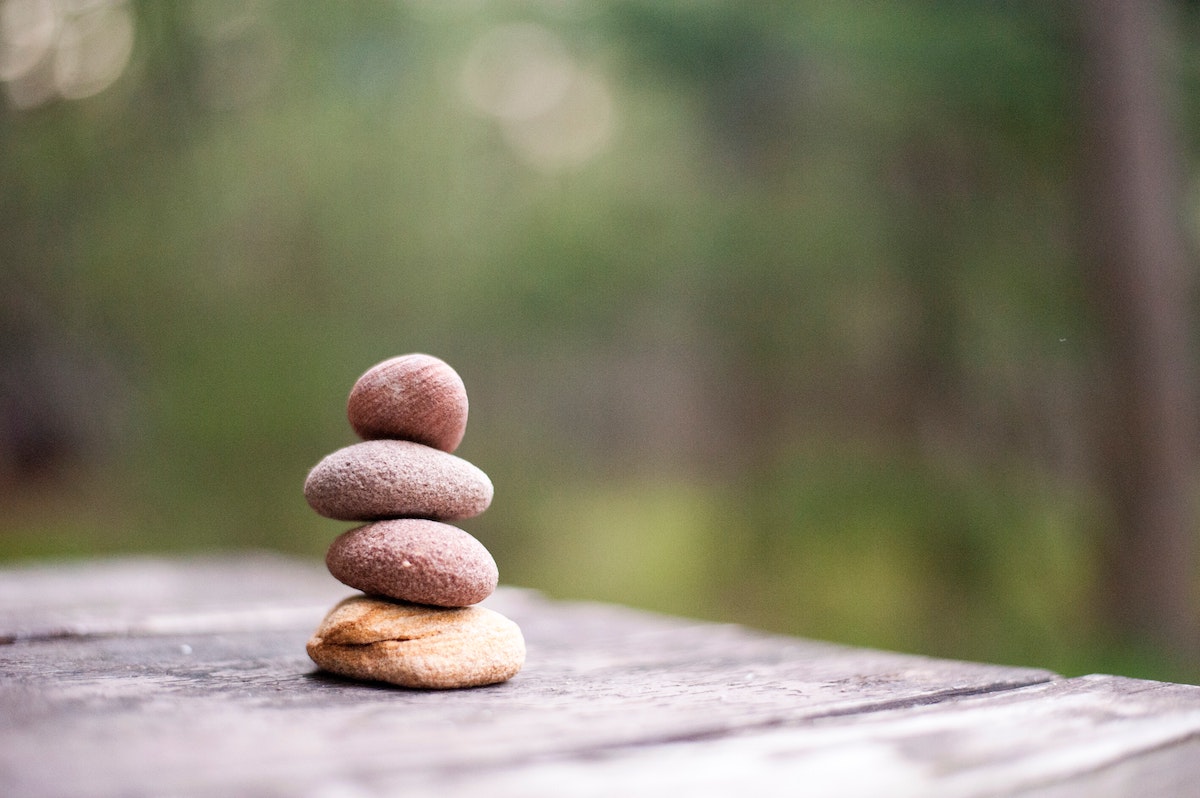
This peril of motorcycling—that its joys might exacerbate instead of ameliorate our dissatisfactions—is also an opportunity. When we fall into a foul mood upon returning from a ride or rider gathering, or when we must put away our tools, it’s an indication we need to improve other domains. Motorcycling ought to be like eating. We get hungry, we consume food, we feel sated for a while; we shouldn’t become ravenous upon finishing a meal. We might look forward to having that dish again, but we ought to savor some contentment (and other activities) in the meantime. If this doesn’t happen, eating non-stop isn’t a viable solution. Maybe we can find another answer solo, maybe we’ll need someone else’s input. In either case, what’s probably required is the restoration of vitality in other areas, and that means doing things that are not only good for us, but also feel good.
The famous mythologist Joseph Campbell exhorted people to “follow their bliss.” He did not mean this in a frivolously selfish way. We’ve all heard some variant of the saying, “Find a job you love and you’ll never work a day in your life.” This aligns with Campbell’s mandate. In the realm of employment, most people choose a line of work for all the wrong reasons: parental expectations, hopes of fame or fortune, convenience, happenstance, among many others. The idea of choosing work we find pleasurably rewarding, and which fits our personality, values, emotional/social makeup, and factual strengths—work that would be genuinely and intrinsically fulfilling—can seem like self-indulgent, fairytale nonsense. Yet the real nonsense is expecting to be reasonably happy in a vocation wherein we perpetually feel like a square peg in a round hole, or which drains and demoralizes us so completely we can’t enjoy the anticipated payoff. Campbell applied this principle to the entirety of our lives. From his perspective, the currently popular notion of achieving a “work/life balance” is utterly ridiculous; work is an integral part of life, not something juxtaposed to it. Think about that for a moment. How many of us approach work as what we must do to “live” the rest of the time? Who considers it acceptable to spend 40—or 70!—hours a week in a non-living state? Turns out it’s most of us. This leaves our avocations to carry impossibly heavy counterweights.
Motorcycling may sometimes be our only bliss, and we should be grateful to have it rather than not, but a good life requires constantly sniffing out bliss and moving toward it (while maintaining a wariness about illusory attractions more costly than they’re worth). When all else pales in comparison to riding/wrenching, we need to harness the resulting angst as motivation for change. If we can’t be full-time motorcyclists, how might we develop other versions of the relaxation, excitement, sense of belonging, autonomy, or authenticity our beloved pastime reliably provides?
Mark Barnes is a clinical psychologist and motojournalist. To read more of his writings, check out his book Why We Ride: A Psychologist Explains the Motorcyclist’s Mind and the Love Affair Between Rider, Bike and Road, currently available in paperback through Amazon and other retailers.

